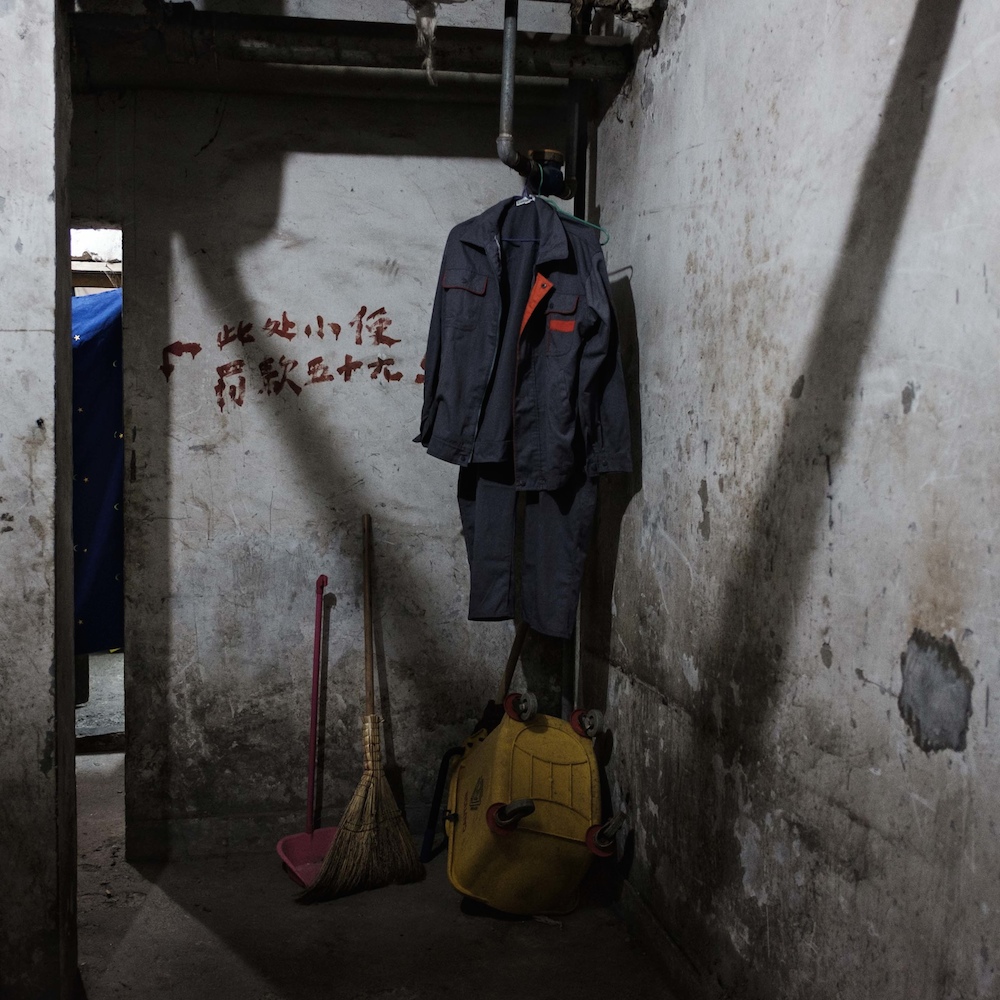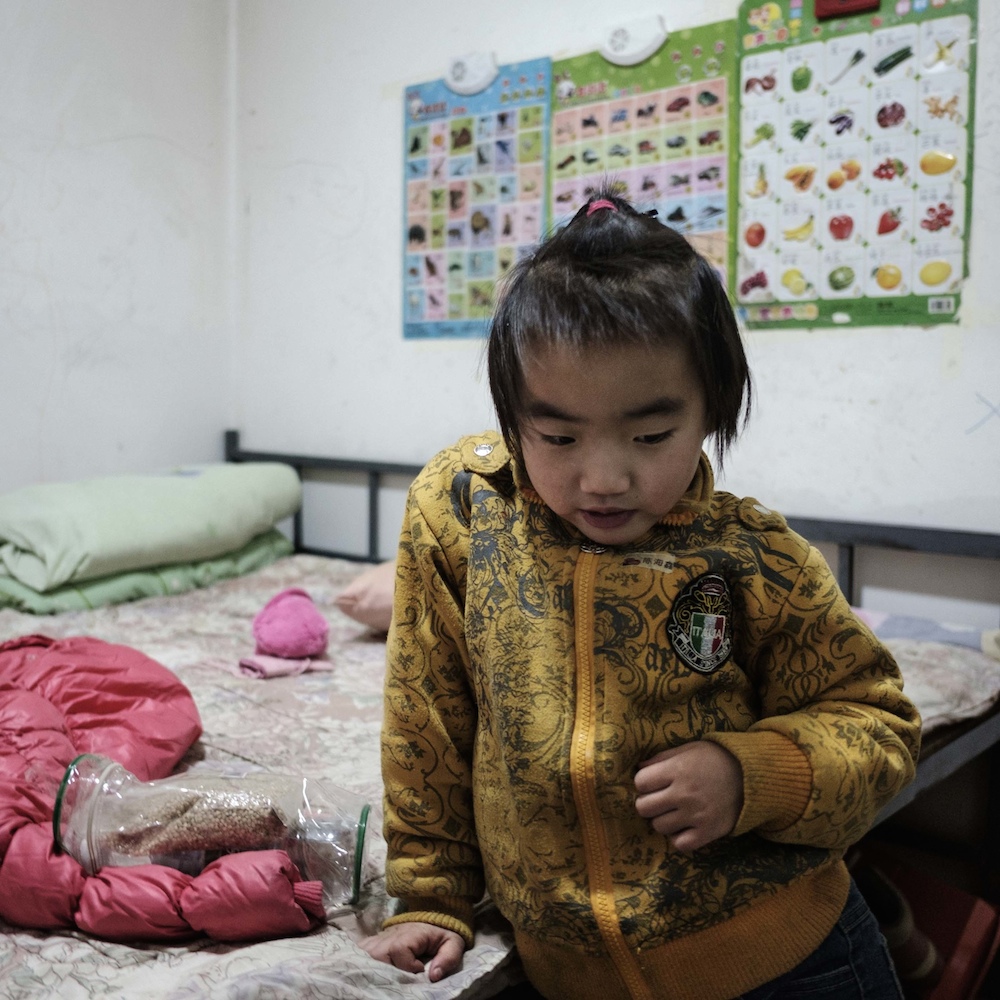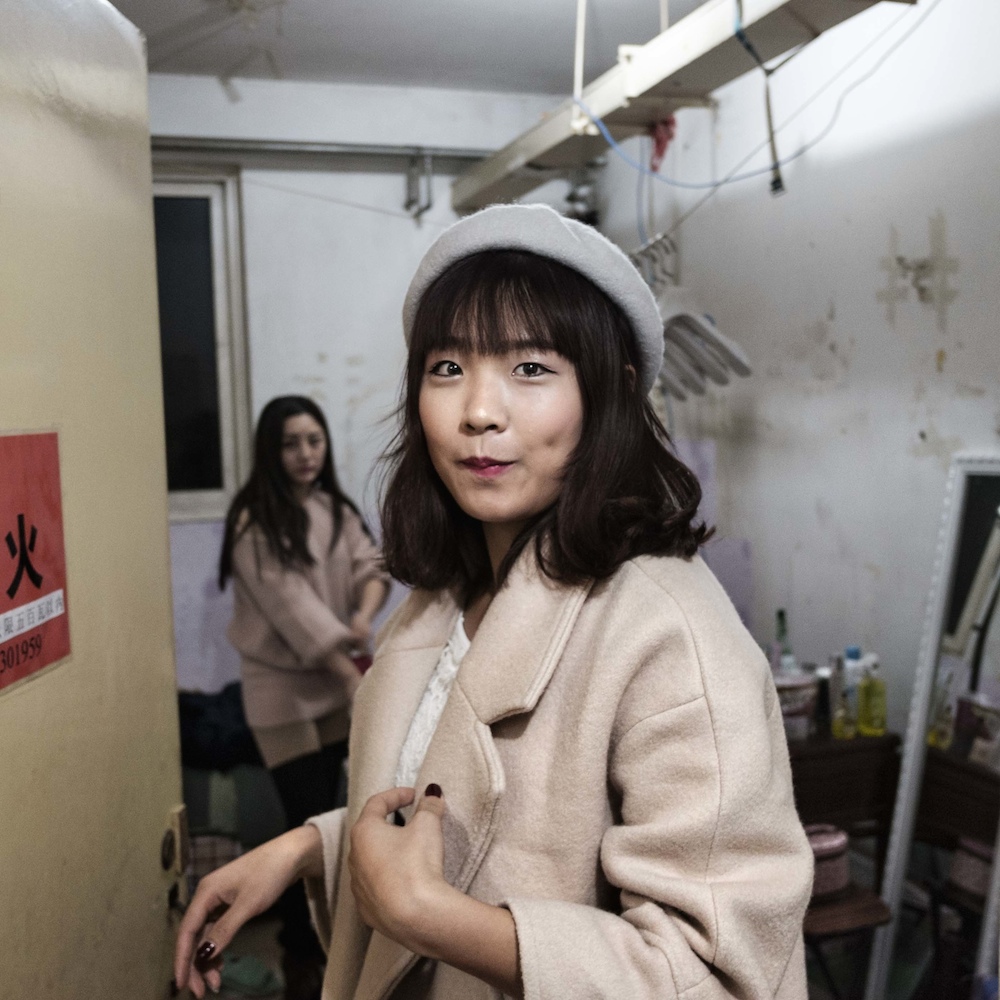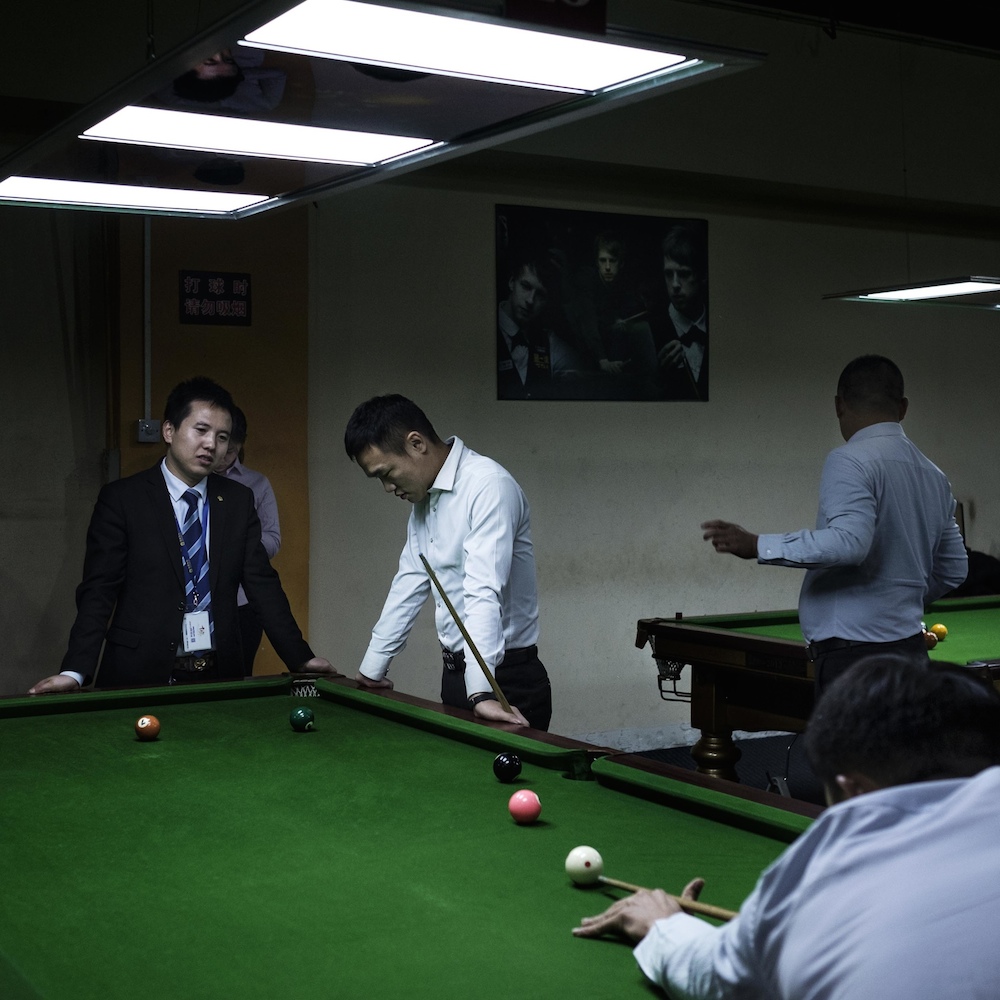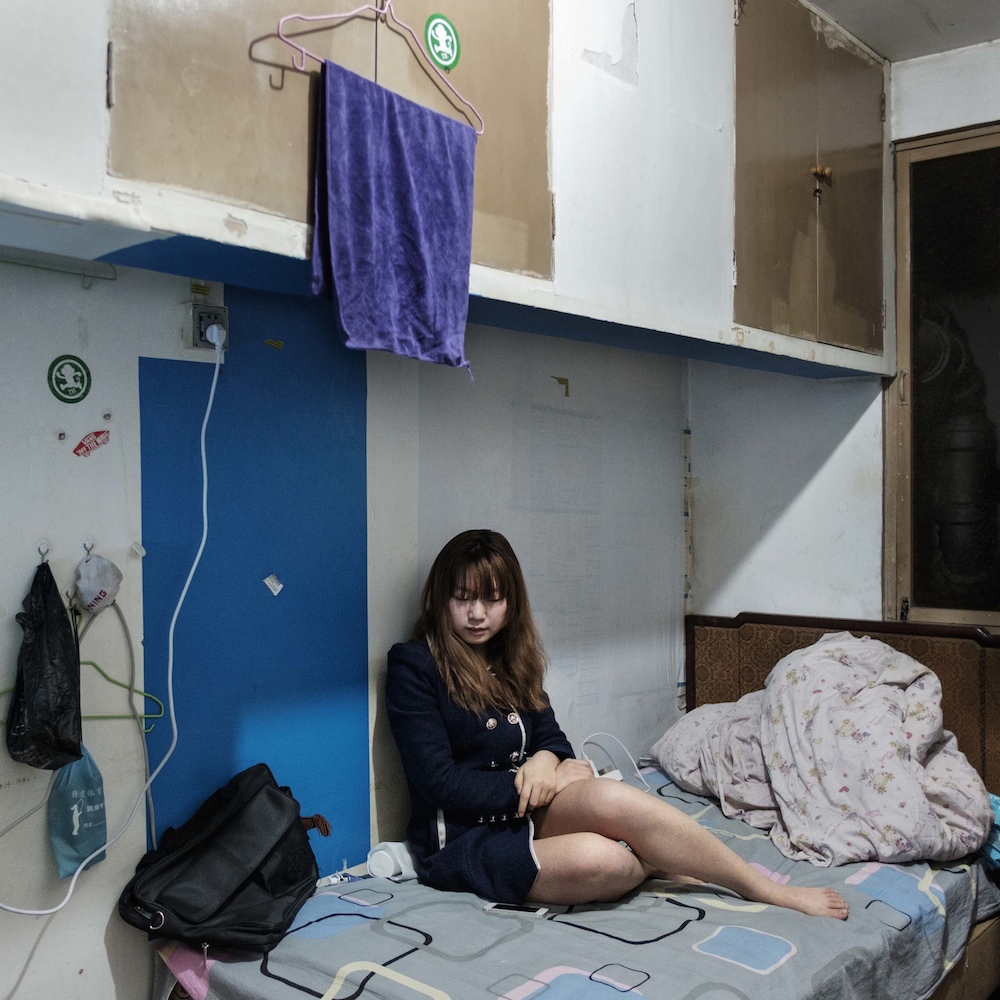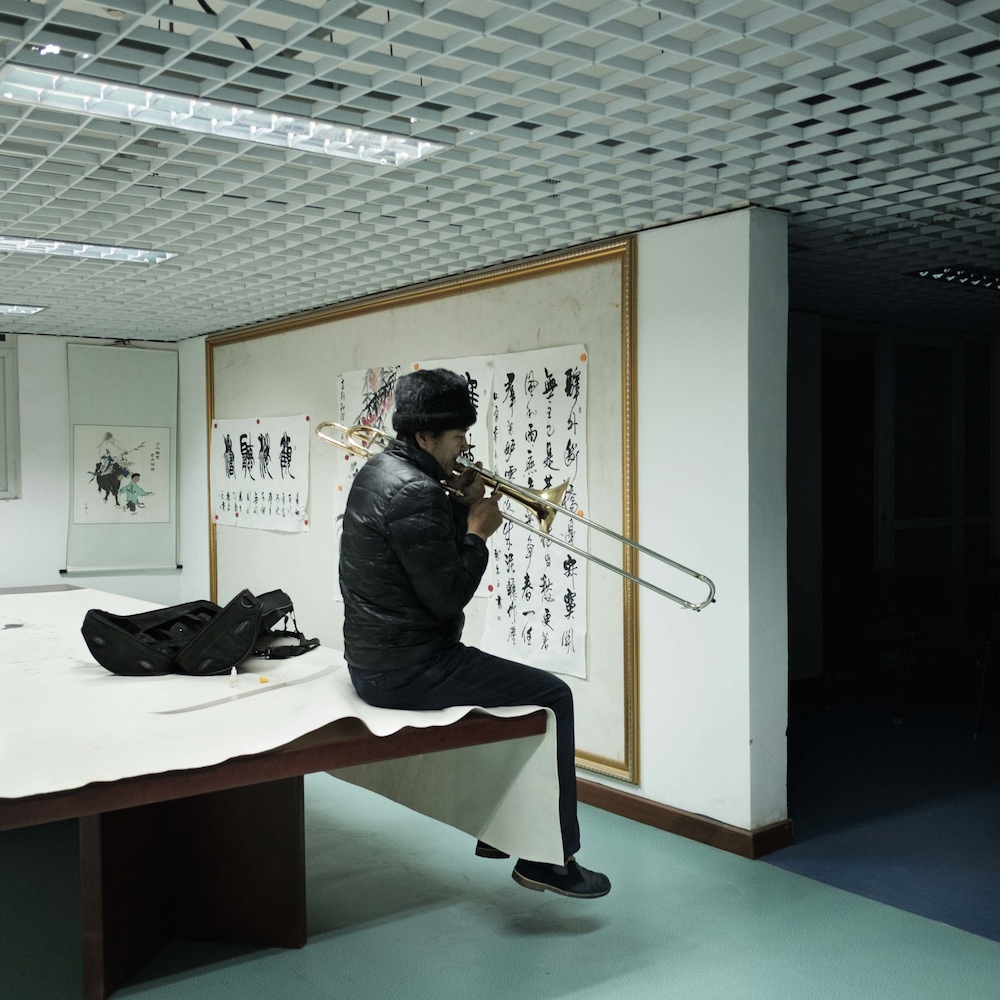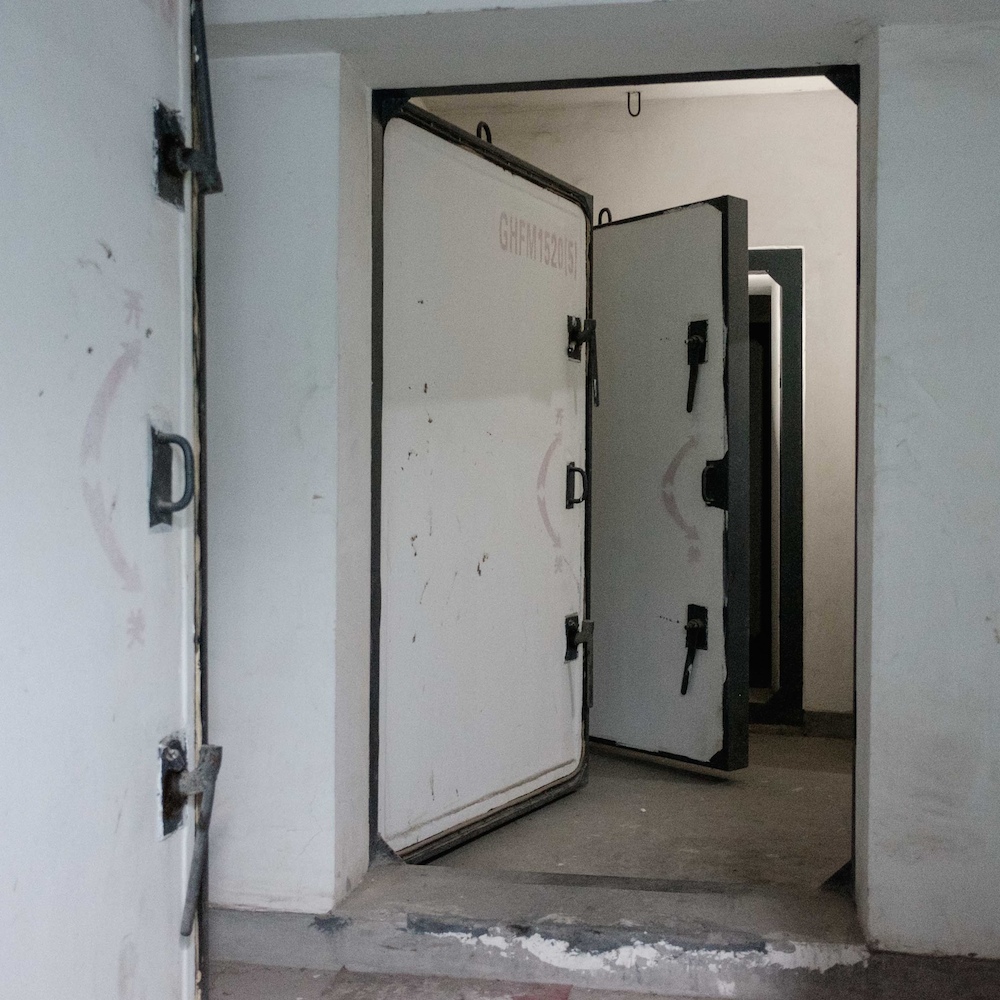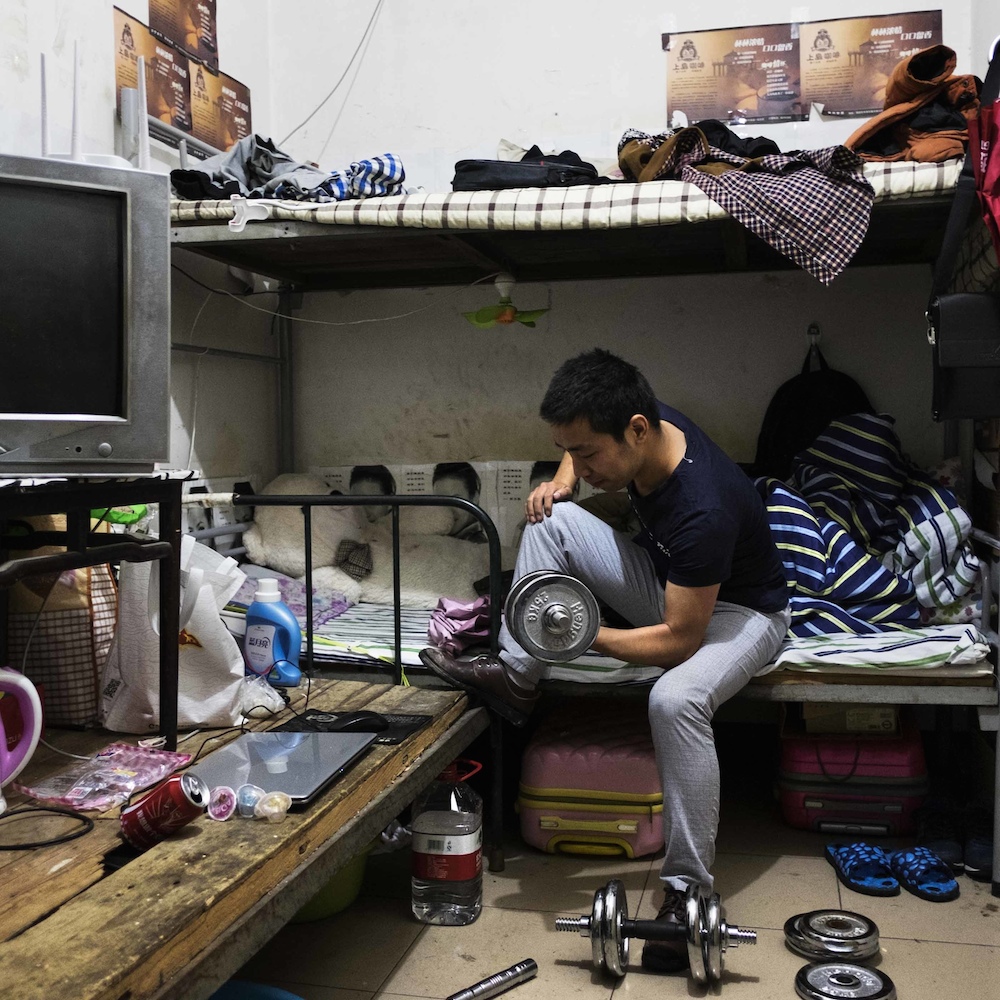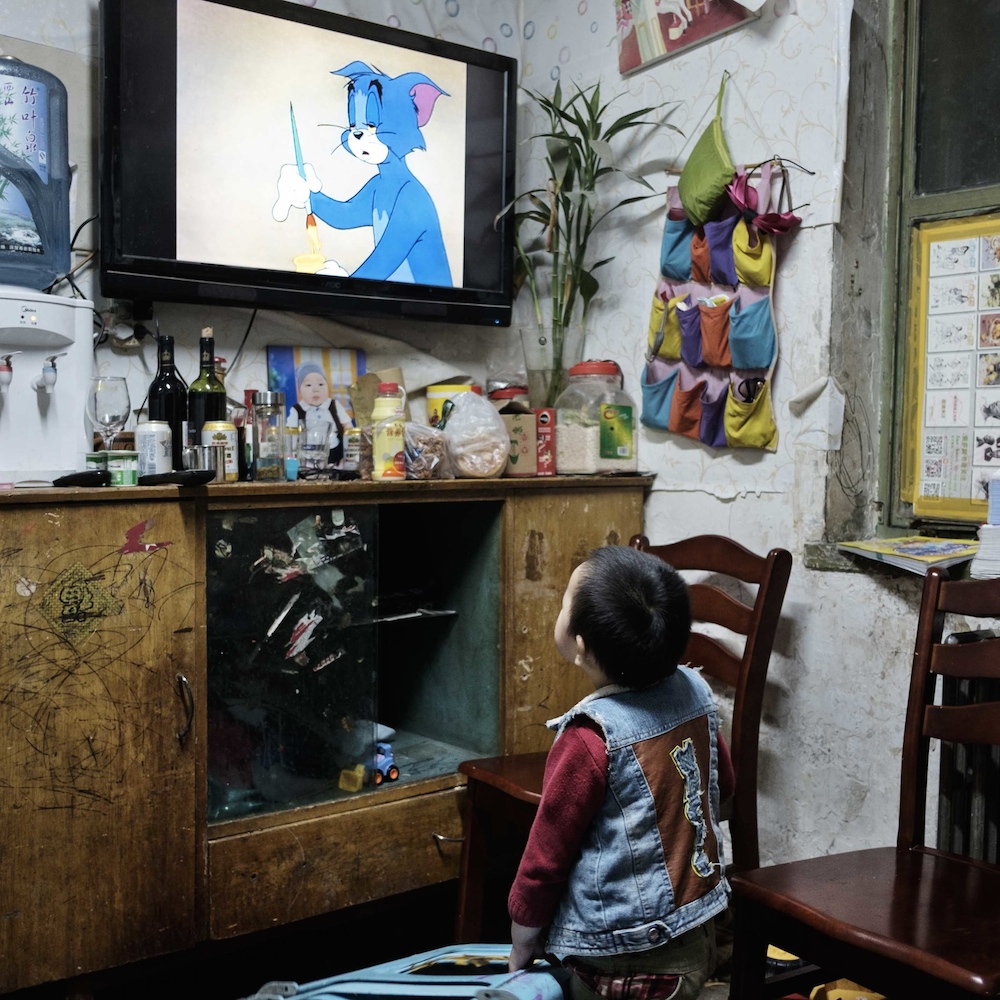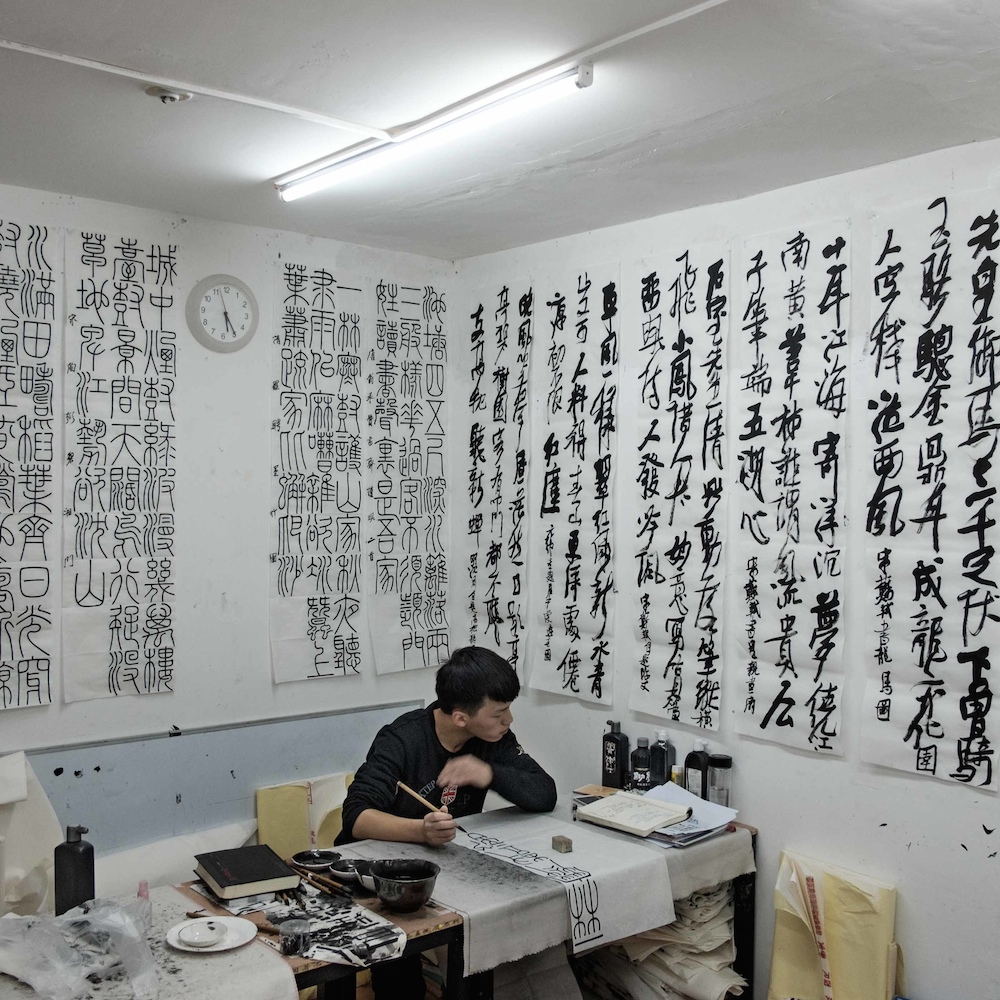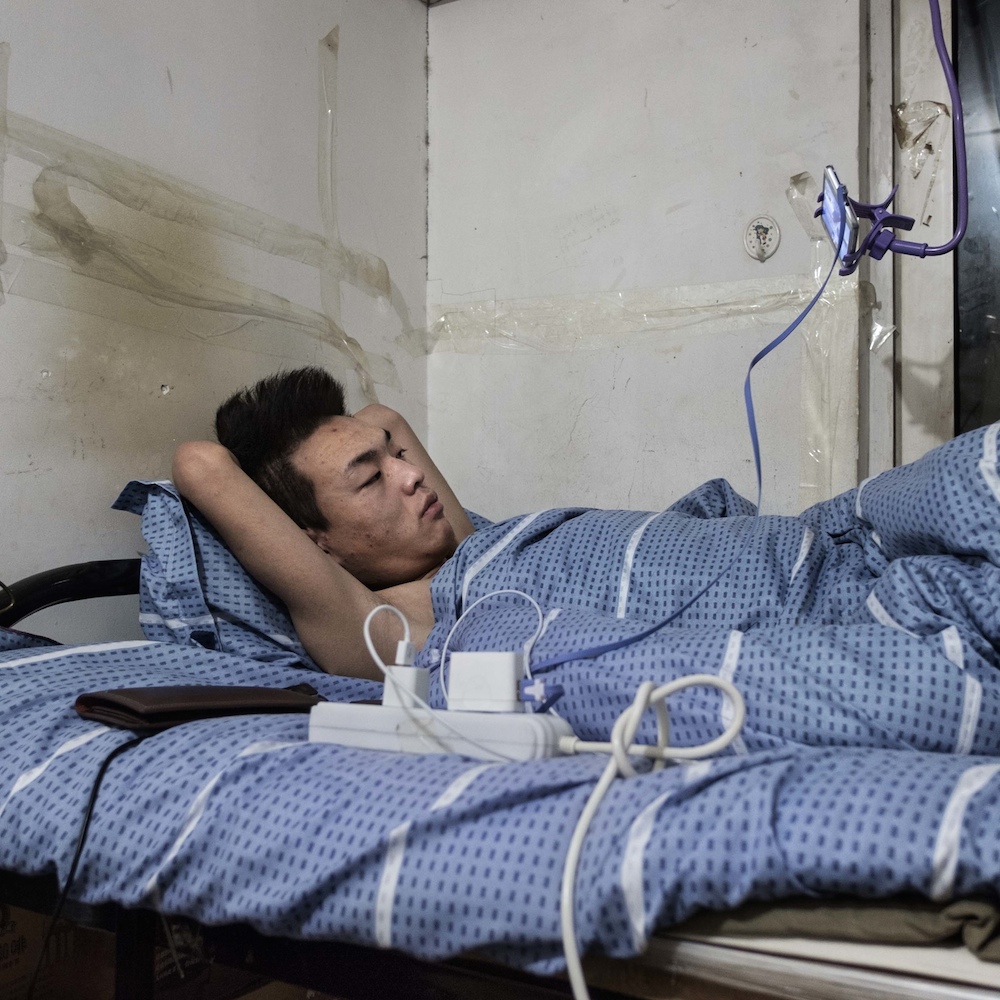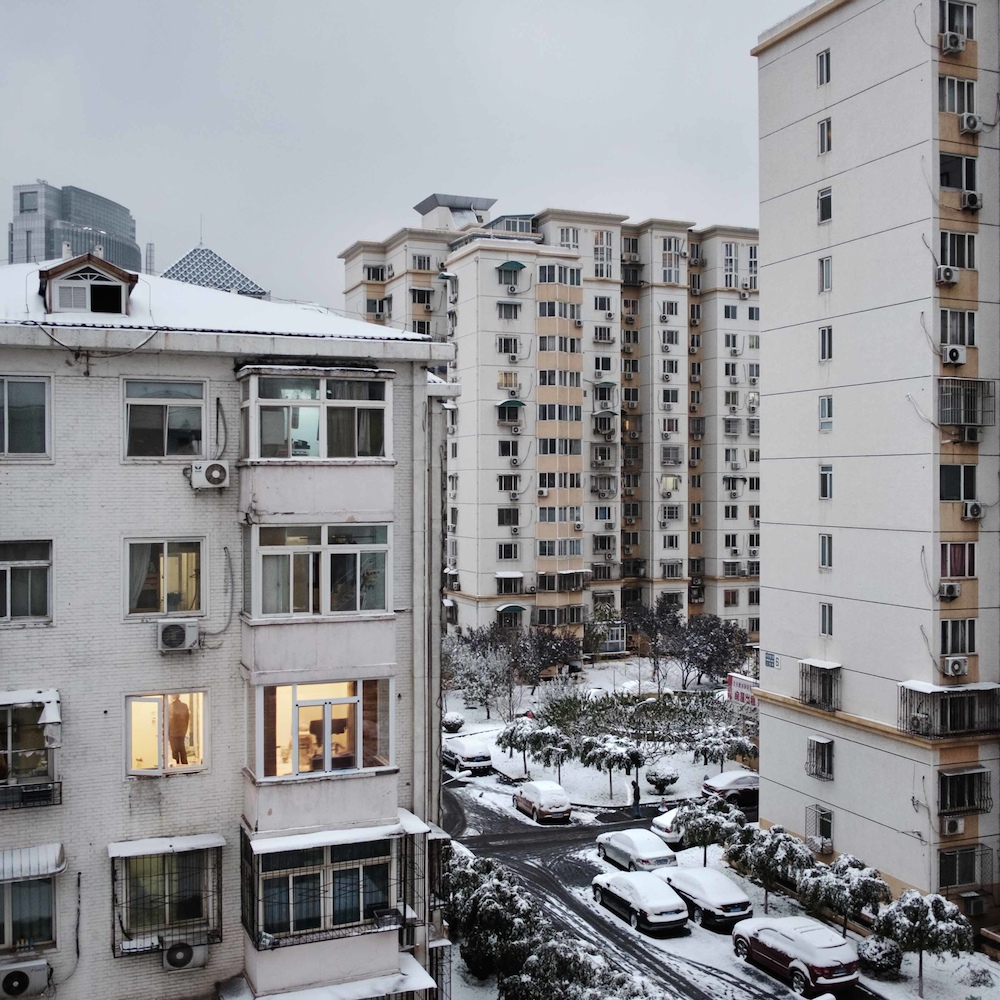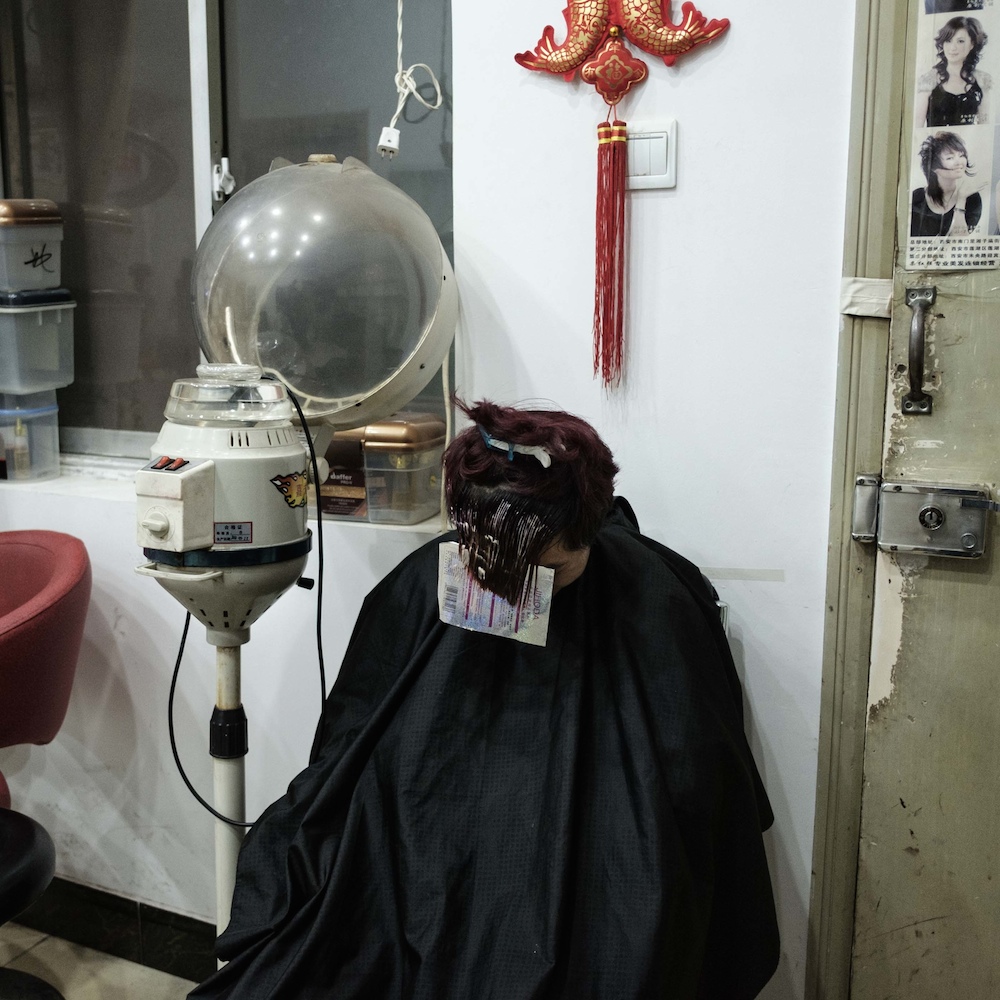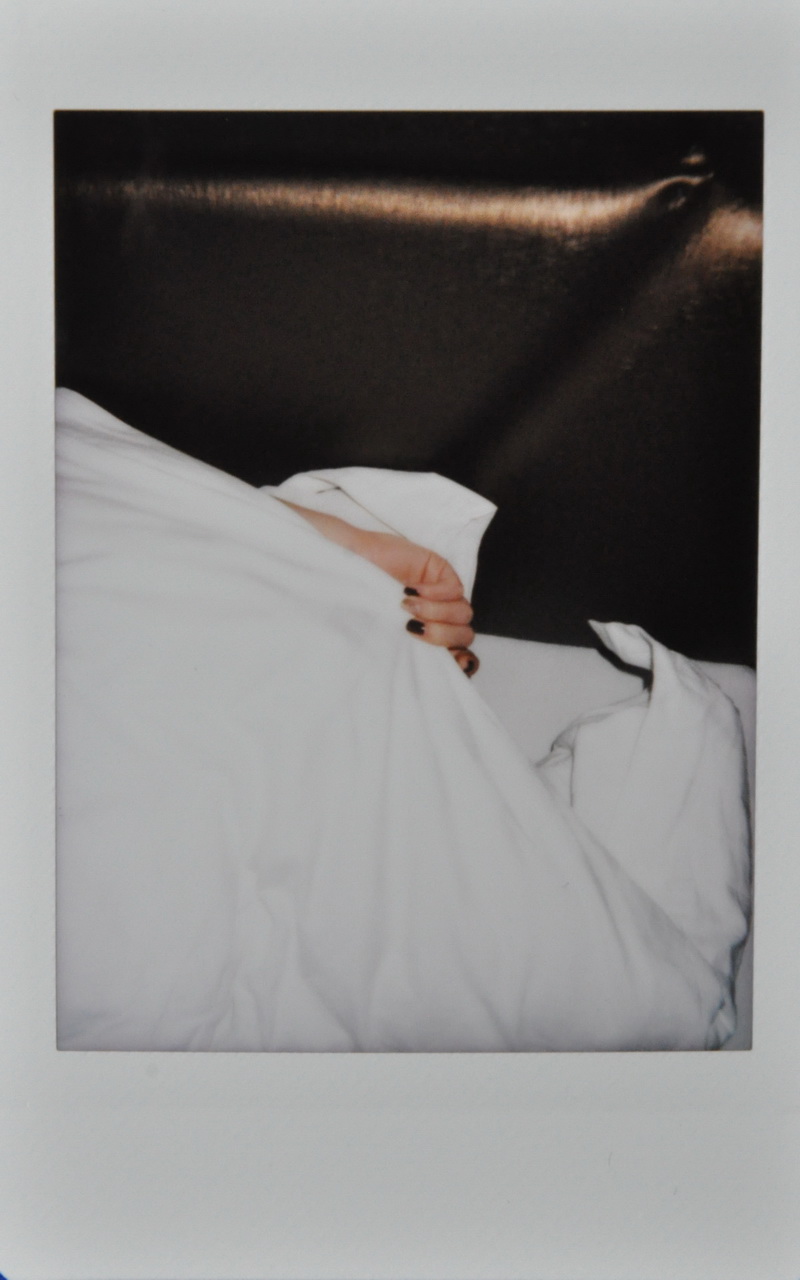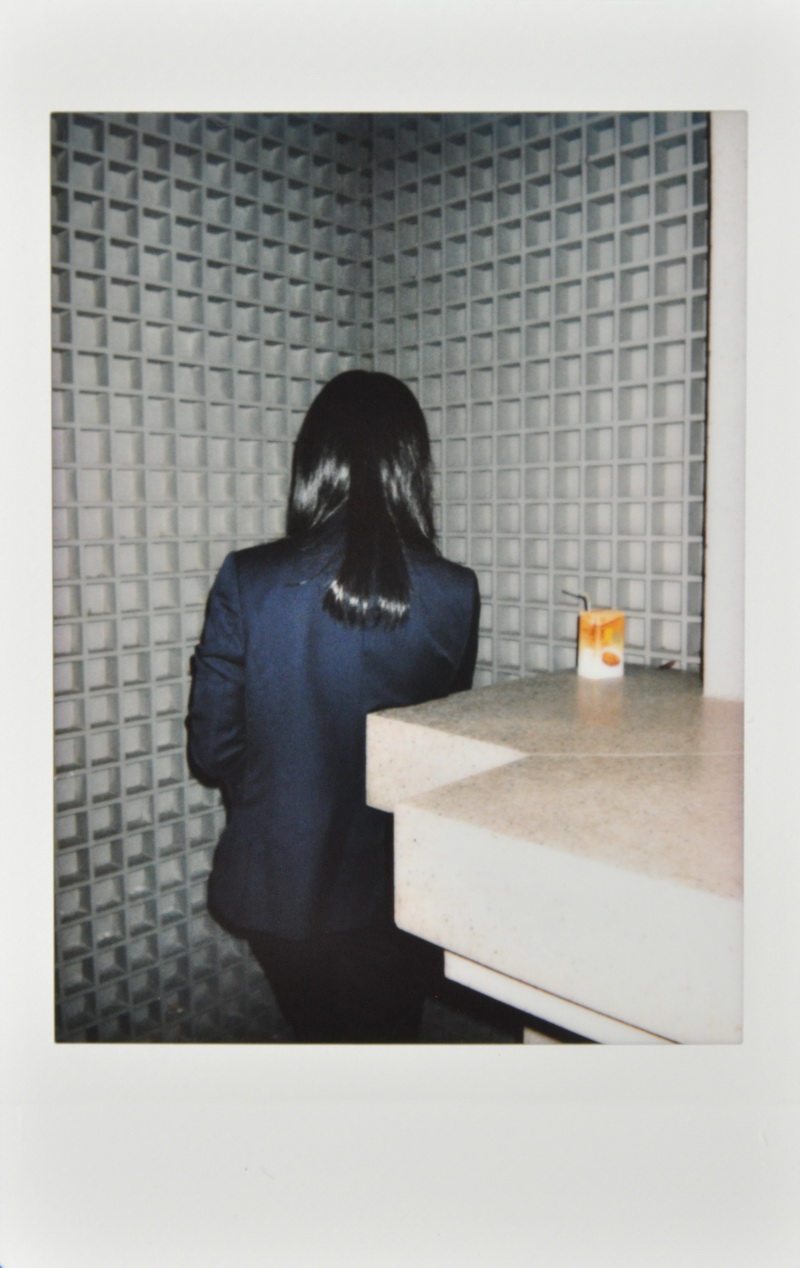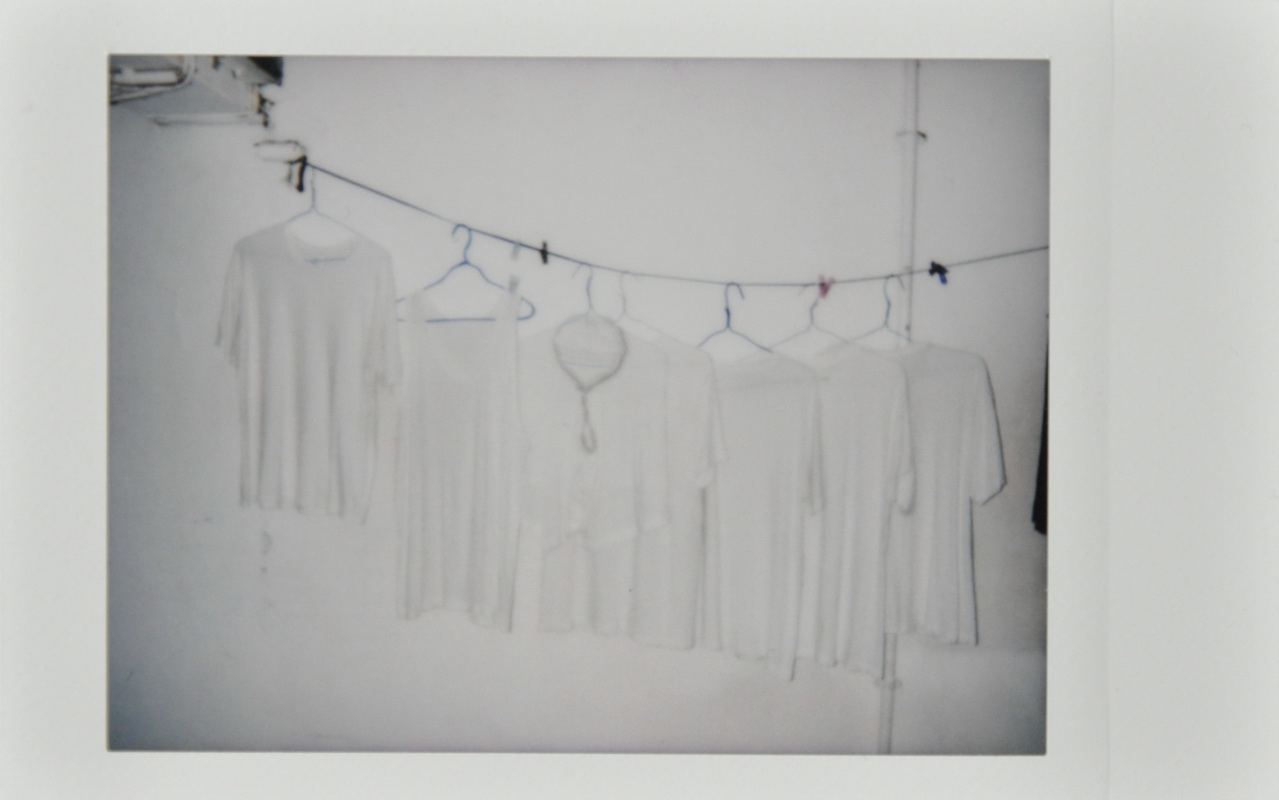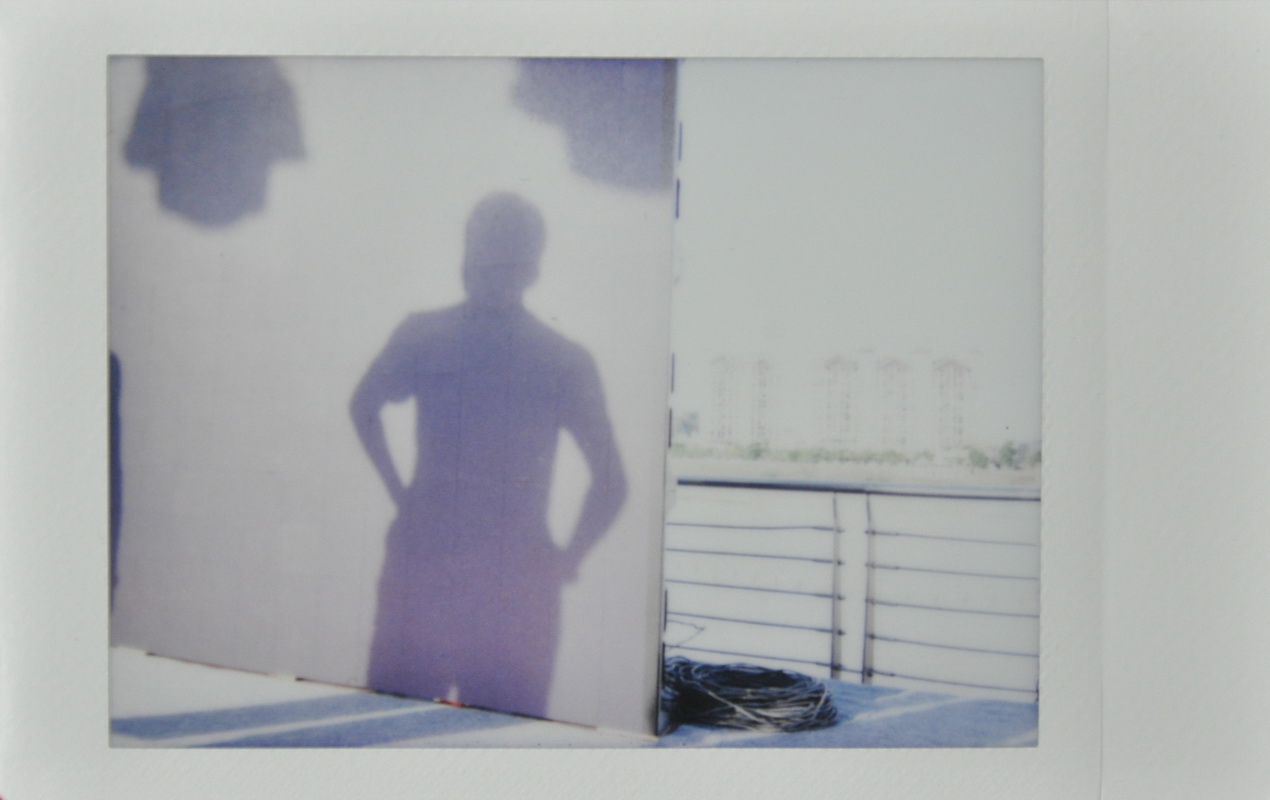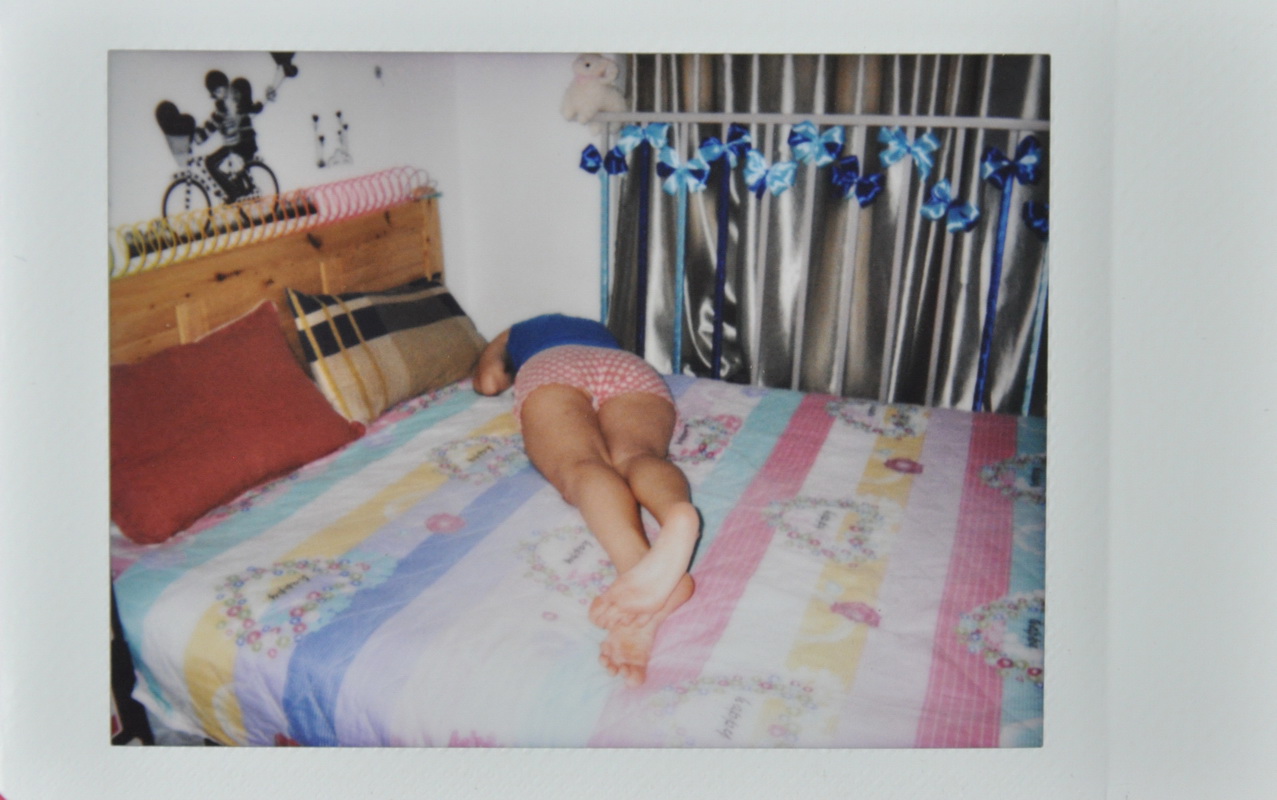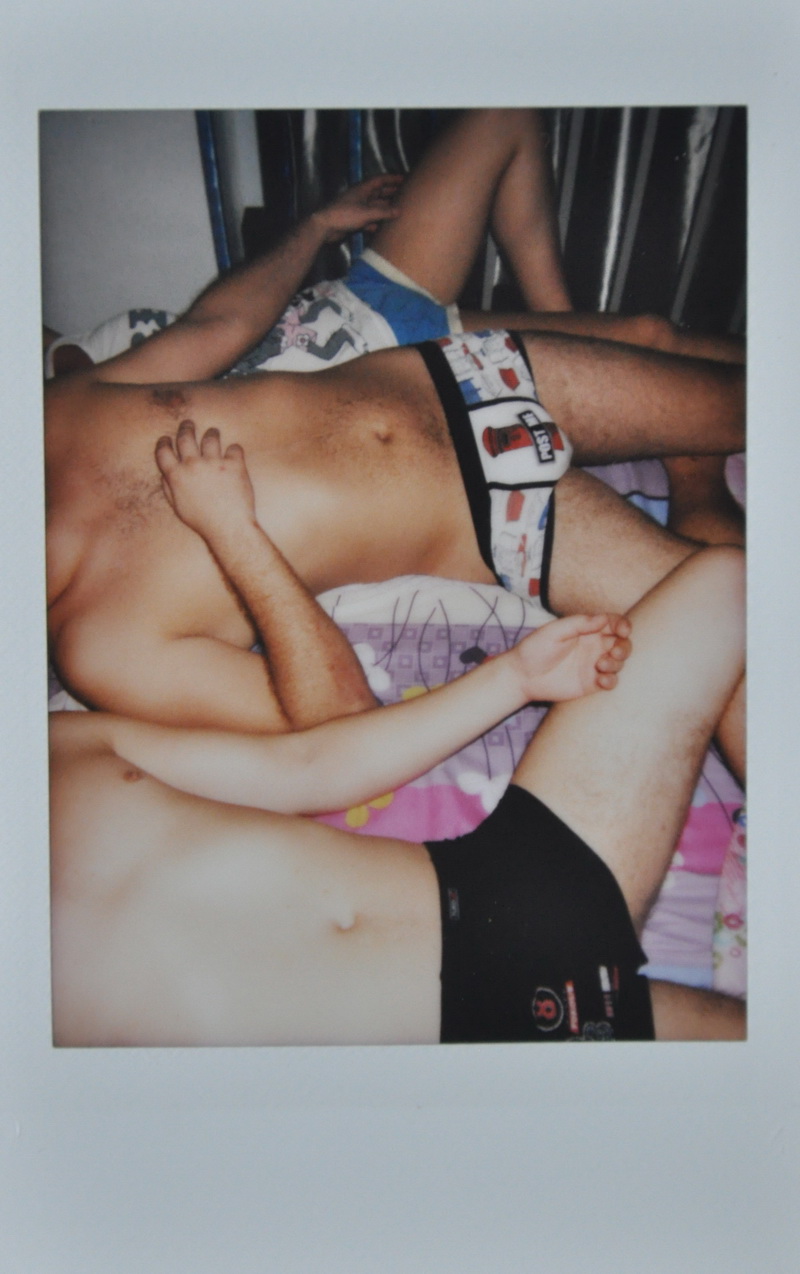Atomic Rooms
Antonio Faccilongo
Mao, obsessed with the possibility of a nuclear attack, made a law on housing policy. When the builder wanted to build new buildings, they also had to build large anti-atomic shelters where people could live for months – that meant basements had to be fitted out with electricity, plumbing, and sewer pipes.
A half-century after the buildings’ construction began, parts of this underground city in Beijing have been converted into living quarters; until 2010, it was perfectly legal to live in these spaces. In fact, people are still living in these places, but in recent years some of these have become activity centers where people share convivial moments.
Usually migrant workers, they can't afford private housing and, without the official resident permit known as the “hukou,” they have no access to low-cost government housing, so they find themselves living underground. Estimates suggest there may be more than one million people living underneath the Chinese capital. —Antonio Faccilongo
Antonio Faccilongo is an Italian documentary photographer based in Rome. After studying communication, he obtained a Master’s in Photojournalism. He then focused his attention on Asia and the Middle East, principally on Israel and Palestine, covering social, political, and cultural issues. His long-term projects have been exhibited internationally at numerous shows and festivals, including Les Rencontres d’Arles and the Buenos Aires Biennial, as well as screened at Visa pour l'image Perpignan and included in the global campaign #WomenMatter. Visit his website here.

